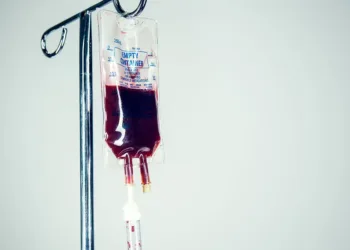Peptic or stomach ulcer by definition is a sore that develops on the lining of the oesophagus, stomach or small intestine. It occurs when stomach acid damages the lining of the digestive tract.
Research shows that the type of diet one ingests into his system can increase or reduce the risk of ulcer disease. For instance, food with high soluble fibre can decrease the risk for developing ulcers. Examples of such includes legumes, vegetables, fruits (carrots, oranges, apple e.t.c.) and nuts.
Although good food can help reduce the risk of peptic ulcer, but how we eat them is as important as the diet itself.
Read: Bipolar disorder: Meaning, causes, symptoms and possible treatment.
A UK based Nigerian doctor, popularly known on Twitter as First Doctor recently listed five recommended feeding habit for patients with peptic ulcer disease.
These includes:
- Staying upright after meals.
- Eating slowly to aid digestion.
- Stress less & relax more.
- Eat smaller but frequent meals e.g. 6 small meals a day.
- Eating within 2 hours to bedtime.
It is very necessary that peptic ulcer patients must avoid things like: alcohol, smoking and spicy foods.
Also, avoid taking NSAIDs (nonsteroidal anti-inflammatory drugs) painrelievers such as diclofenac, ibuprofen or piroxicam.
If they must be needed, other medications should be prescribed alongside to reduce the risk of more ulcer formation.








